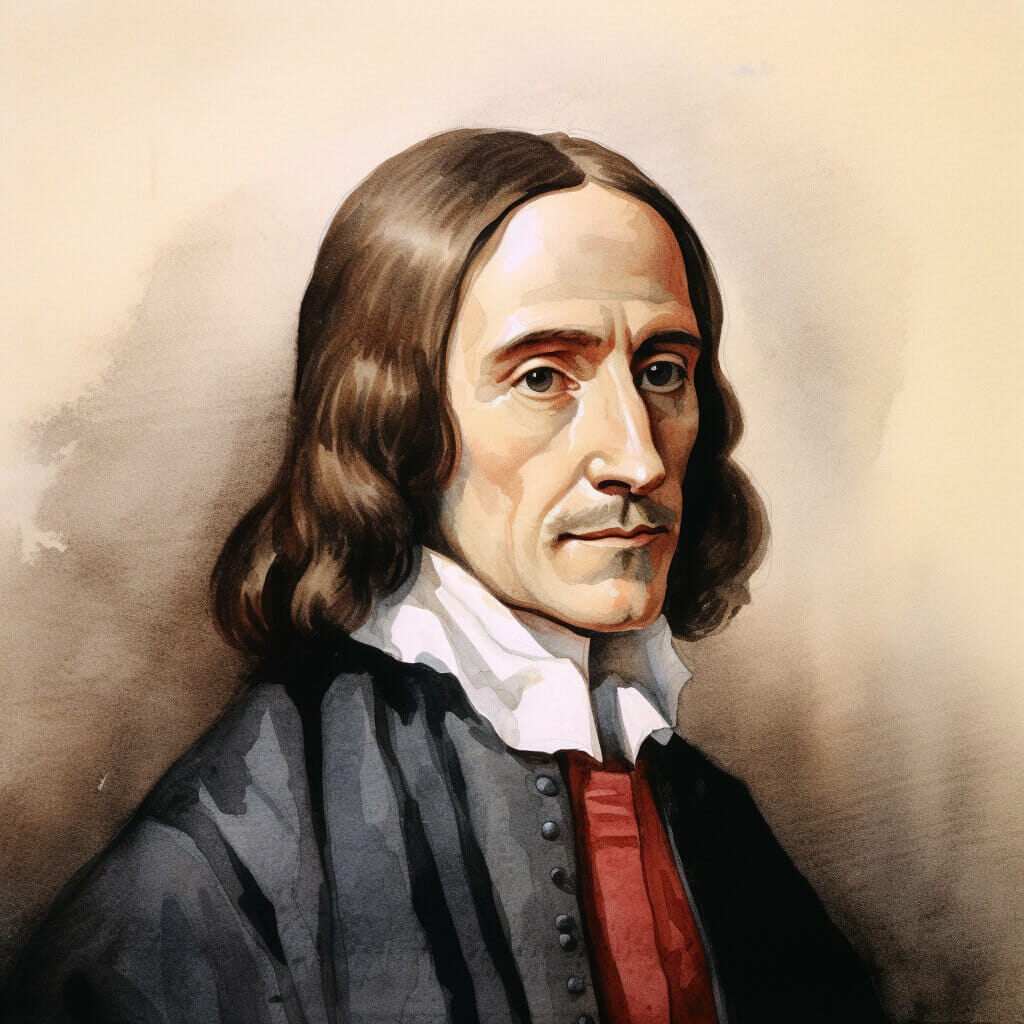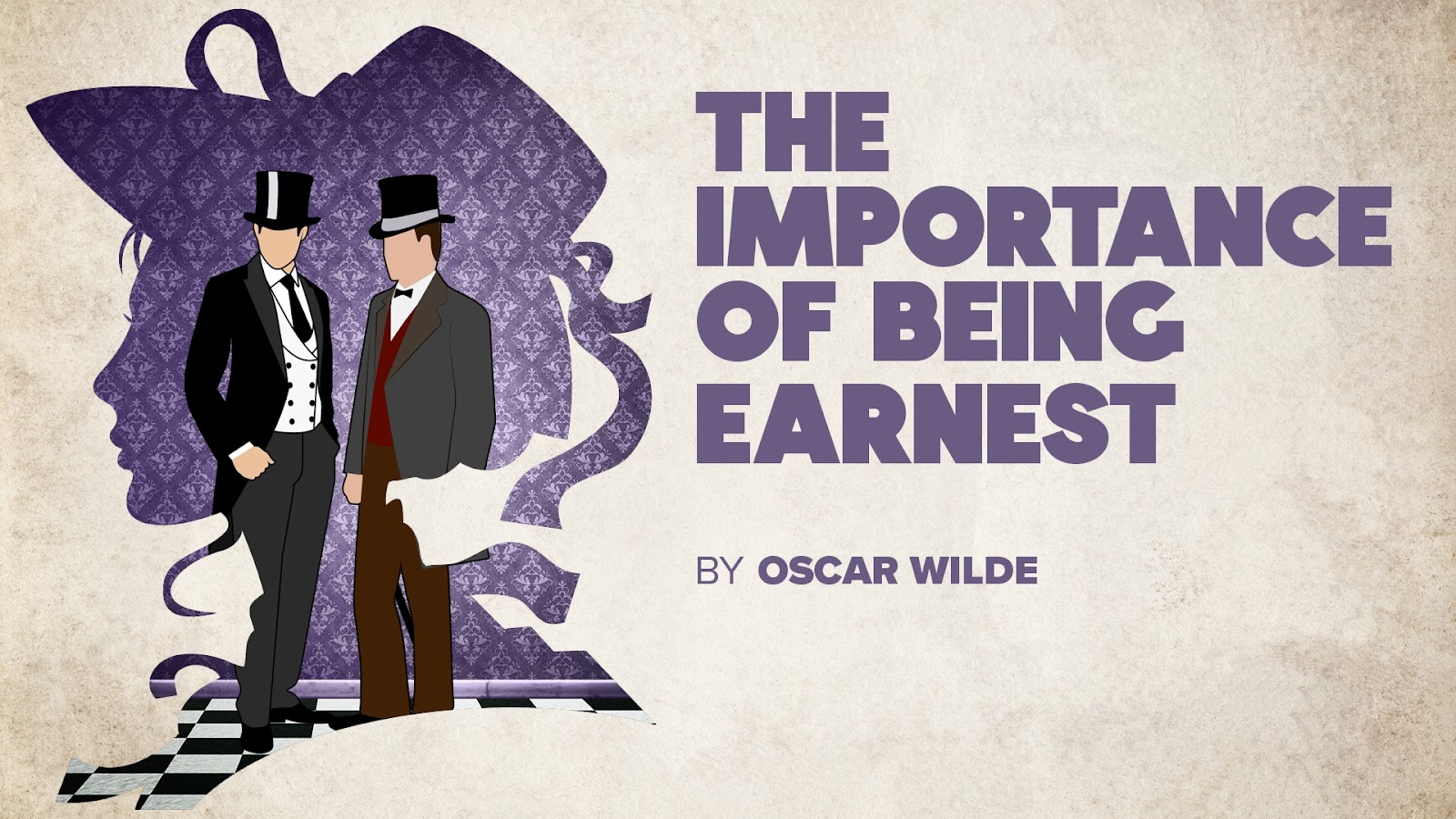Hello friends...
Today I'm going to discuss history and characteristics of metaphysical poetry and metaphysical poets and examples of metaphysical poems in this blog.
History of Metaphysical poetry:
Metaphysical poetry is a literary movement that emerged in the 17th century, primarily in England. It is characterized by complex and intellectual themes, often exploring the relationship between the physical and spiritual realms.
1. Origins: The term "Metaphysical poetry" was Thus, while the core themes of virtue and the struggle for integrity might remain intact, the specific circumstances and challenges faced by Pamela would be substantially different if she were placed in a contemporary setting. The story would need to be updated to address these changes while still conveying its intended message about morality and virtue.
2. Key Characteristics: Metaphysical poets are known for their use of elaborate conceits, wit, paradoxes, and a blending of the spiritual and the sensual. Their poetry often grappled with the complexities of love, religion, and the human experience.
3. Prominent Poets: Besides John Donne, other notable Metaphysical poets include George Herbert, Andrew Marvell, Henry Vaughan, and Richard Crashaw. Each poet had a unique style but shared common themes and literary techniques.
4. Influence: Metaphysical poetry had a significant influence on later poets and movements, including the Romantic poets of the 18th and 19th centuries. The use of metaphysical conceits and exploration of deep emotions continued to shape English poetry for generations.
Thus, Metaphysical poetry remains a distinctive and influential period in English literary history, known for its intellectual and imaginative exploration of the human condition.
Metaphysical poets:
The Metaphysical poets were a group of 17th-century English poets known for their distinctive style and intellectual approach to poetry. Some of the most prominent Metaphysical poets include:
1)John Donne
John Donne is often considered the quintessential metaphysical poet. His poems are characterized by complex conceits, wit, and exploration of themes such as love, religion, and mortality. Some of his famous works include "The Flea" and "A Valediction: Forbidding Mourning."
2) George Herbert
George Herbert's poetry is deeply religious and often explores the themes of faith, God, and the soul. His collection "The Temple" is a significant work in the metaphysical tradition.
3) Andrew Marvell
Marvell's poetry combines metaphysical elements with political and satirical themes. "To His Coy Mistress" is one of his most famous poems, known for its carpe diem message.
4)Henry Vaughan
Vaughan's poetry explores spiritual and metaphysical themes, often influenced by his mystical experiences. "The Retreat" is one of his well-known poems.
5) Richard Crashaw
Crashaw's poetry is highly religious and mystical, often focusing on the ecstasy of divine love. His works include "The Flaming Heart" and "The Weeper."
6)Thomas Traherne
Traherne's works are known for their spiritual and introspective qualities. "Centuries of Meditations" is a notable example of his writings.
Characteristics of Metaphysical Poetry:
Metaphysical poetry is a unique genre known for its distinctive characteristics and style. Here are some key features of metaphysical poetry:
1. Complex Themes: Metaphysical poetry explores intricate and abstract themes, such as the nature of love, the relationship between the spiritual and the physical, and the complexities of human emotions.
2. Use of Conceits: Conceits are extended and elaborate metaphors or analogies that often form the basis of metaphysical poems. These conceits can be surprising and intellectually challenging.
3. Intellectual and Philosophical Depth: Metaphysical poets engage in intellectual wordplay and philosophical reflection. Their poems often require readers to think deeply and critically.
4. Wit and Paradox: Metaphysical poetry is characterized by wit and the use of paradoxical statements that provoke thought and create tension in the poem.
5. Juxtaposition of Opposites: Poets in this genre frequently juxtapose opposing ideas or images to explore complex concepts. This technique is known as "concordia discors."
6. Irregular Meter and Rhyme: Metaphysical poems often feature irregular meter and rhyme schemes, which can add to their intellectual and unconventional nature.
7. Use of Allusion: These poets frequently allude to classical and biblical sources, drawing on a wide range of knowledge to enrich their poetry.
8. Exploration of Human Experience: Metaphysical poetry delves into the human experience, examining emotions, relationships, and the nature of existence.
9. Personal and Emotional Expression: While metaphysical poetry is known for its intellectual depth, it also contains elements of personal and emotional expression, revealing the poets' inner thoughts and feelings.
10. Conciseness: Metaphysical poets tend to express profound ideas in a concise and condensed manner, making effective use of language and imagery.
Prominent metaphysical poets, such as John Donne, Andrew Marvell, and George Herbert, are known for exemplifying these characteristics in their work. These traits set metaphysical poetry apart from other literary traditions and make it a captivating and intellectually stimulating genre.
Examples of Metaphysical Poems:
Metaphysical poetry is known for its complex and abstract themes. Here are a few examples of metaphysical poems and their respective poets:
1. "The Flea" by John Donne - This poem uses the conceit of a flea as a symbol of love and desire.
2. "A Valediction: Forbidding Mourning" by John Donne - In this poem, Donne compares the separation of lovers to the movement of heavenly bodies.
3. "To His Coy Mistress" by Andrew Marvell - This poem explores the theme of carpe diem, urging the speaker's lover to seize the moment.
4. "The Good-Morrow" by John Donne - Donne reflects on the idea of spiritual and intellectual love in this poem.
5. "Death, be not proud" by John Donne - This famous sonnet personifies death and challenges its power.
6. "The Sun Rising" by John Donne - Donne addresses the sun as if it were an intruder in his bedroom, emphasizing the importance of love over worldly concerns.
These poems, written by 17th-century metaphysical poets, often employ elaborate conceits and explore complex philosophical and spiritual ideas.










No comments:
Post a Comment